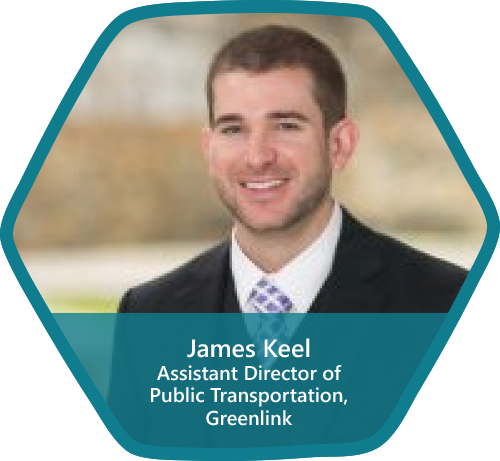The federal Energy Policy Act of 1992 identifies alternative fuels and gives the US Department of Energy the authority to designate additional alternative fuels if certain criteria are met. Private entities and governmental fleets are the primary users of these fuels and vehicles, but consumers are gaining interest in them. This has helped to provide a boost for the infrastructure and availability for consumer use. When using alternative fuels as a replacement for or in conjunction with gasoline, we can reduce petroleum use and vehicle emissions. All alternative fuels can be domestically produced, and most provide significant air quality benefits when used as a vehicle fuel.
Alternative Fuels Data Center (AFDC)
The Alternative Fuels Data Center provides information, resources, and tools to help you make decisions about alternative fuels and advanced vehicle options. The AFDC Alternative Fuels Station Locator provides you quick access to lots of information on alternative fuel stations (which also referred to as charging and fueling infrastructure). There are a variety of optional filters available to customize your search to one or more specific alternative fuels, within a certain distance of a specific address, and even for the type of vehicle serviced by that station (light-duty, medium, or heavy-duty). The AFDC Case Studies provide success stories and lessons learned about alternative transportation technologies, including alternative fuels, advanced vehicles, and regulates fleets.
Biodiesel
Biodiesel is an alternative to petroleum diesel that is produced from feedstocks such as vegetable oil and animal fats through a chemical process called transesterification.
Electricity
Electricity is a form of energy resulting from the movement of electrons which can be used to charge batteries and provide power to the motors in electric vehicles (EVs).
Ethanol
Ethanol is a biofuel made from starch and sugar-based crops such as corn and sugarcane which can serve as an alternative to gasoline.
Hydrogen
Hydrogen is the most abundant element in the universe and can be isolated through processes such as natural gas reforming and electrolysis to power fuel cell electric vehicles (FCEVs) and hydrogen internal combustion engine vehicles (HICEVs).
Natural Gas
Natural gas is a fossil fuel comprised mostly of methane which can be used as an alternative to petroleum diesel. Compressed natural gas (CNG), liquified natural gas (LNG), and adsorbed natural gas (ANG) are all forms of the same fuel used in different applications. Renewable natural gas (RNG) is chemically identical to traditional natural gas but is made from the decomposition of biomass sources such as landfill waste.
Propane
Propane (also known as liquified petroleum gas, or LNG) is an odorless, nontoxic, colorless gas produced through petroleum refining which can be used as an alternative to gasoline.
Renewable Diesel
Renewable diesel is similar to biodiesel in that it is an alternative to petroleum diesel made from biomass sources, but it is produced through different chemical processes including hydrotreating, gasification, and pyrolysis.
Sustainable Aviation Fuel
Sustainable aviation fuel (SAF) is a low-carbon alternative to petroleum-based jet fuel made from a variety of renewable biomass products such as corn grain, oil seeds, and algae.
Motorists traveling along major interstates in South Carolina will now see alternative fuel corridor signs. These signs indicate routes that are part of a national network of corridors that support alternative fueling infrastructure. The Energy Office, worked with the SC Department of Transportation (SCDOT) to install the signs in June 2017.
Click here to learn more.
- EPAct Overview (PDF)
- Fleets for the Future National Procurement Initiative (PDF)
- AFV Survey One Pager (PDF)
- Transportation Fuel Action Tool One Pager (PDF)
- State Fiscal Accountability Authority Business Analysis Fully Electric Vehicles (PDF)
- State Alternative Fuel Goals and Subcommittee Recommendations (PDF)
- DRAFT State Alternative Fuel Goal (PDF)
- The Center for Transportation and the Environment
- Clean Cities


